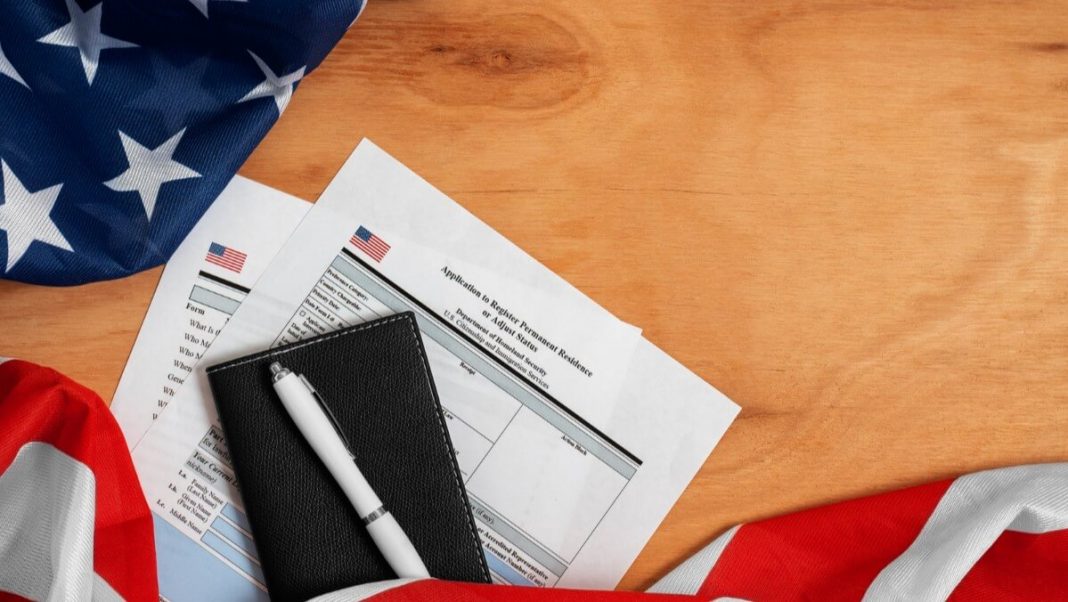The United States authorities have warned foreign residents in Canada who need a US visa to enter the country of scammers.
There has been an increased number of scam reports in the last few months. In response to this issue, American officials have reacted by saying that everyone should be cautious and not fall prey to people who claim to secure appointments within a short period of time, VisaGuide.World reports.
The officials further noted there has also been a noticeable increase in the demand for visitor visas and the waiting time for these residents.
Every day we receive inquiries from visa applicants who are victims.
According to Luster, the US has estimated that thousands upon thousands of people have fallen prey to some of these scams and extortion scams.
Many Canadian international students, temporary foreign workers, or permanent residents need a visa to enter the US for reasons such as tourism, business dealings, attending a convention or conference, or medical treatment.
Taking into account the recent reports, the Canadian government said it is concerned about foreign residents’ safety.
Every day, more Canadians request consular assistance after a scam has caused them to fear their safety. The number of victims will continue to rise. In many countries, con artists operate without consequences because local authorities often lack the physical or financial resources needed to combat Internet crimes.
Victims Attracted Through Social Media
The CAFC further estimated that only five to ten percent of fraud victims alert authorities. Such a scam starts with social media ads, most often on Facebook. They usually feature a photo of a famous Canadian — such as Prime Minister Justin Trudeau, opposition leader Pierre Poilievre or former “Dragon’s Den” star Kevin O’Leary — advertising a new investment scheme. In addition, Tesla CEO Elon Musk also makes frequent appearances.
These endorsements are fake. In the last year, US embassies and consulates in Canada have started hearing stories about these scams and warning people not to hand over their account information. In this regard, Elizabeth Power of the US State Department and minister-adviser for consular affairs, based in Ottawa, noted that what is happening is that the applicant returns access to their account, and then the fraudster does nothing.
Power noted her office had received reports from visa applicants who lost their money and lost control of their accounts. She said the US State Department does not believe this type of bot is infiltrating its visa reservation system and continues to implement security measures.
